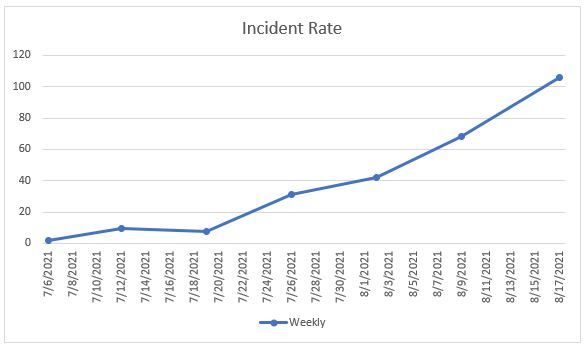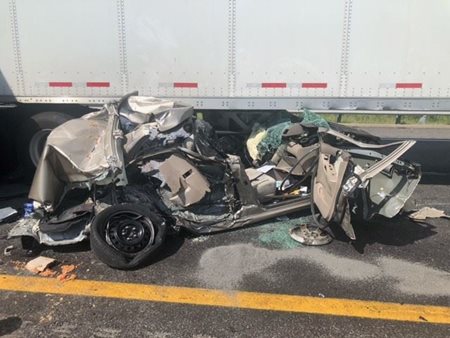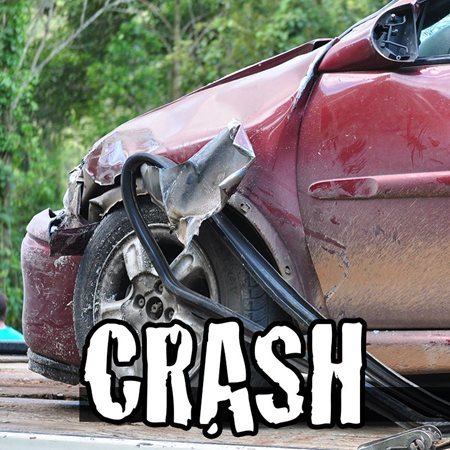But what if there was a warning system in place to give you a heads up before the shaking starts? Not much time mind you, but perhaps enough to take that pencil out of your ear, secure the five dollar latte, or just get under a sturdy table. The good news is such a system exists, and it's already proving that for some people a few seconds warning can make a real difference.
Scientists at UC Berkeley have released a video showing the system in action a full 10 seconds before the Sunday morning 6.0 Napa earthquake was felt at the university. The L.A. Times reports that once fully implemented, the alert system could give Los Angeles residents up to 50 seconds warning before shaking is felt in that city if a big quake strikes the San Andreas Fault. A few seconds may not sound like a lot, but such a warning could give people time to get off of elevators, surgeons to remove scalpels from patients, and high-speed trains to slow down enough to avoid a catastrophic accident.
Dr. Mitch Withers, Associate Research Professor at the University of Memphis, said because radio waves travel at the speed of light, and seismic waves travel at the comparatively pokey speed of sound, folks can get a pretty good warning before the shaking starts with the right systems in place. Of course this all depends on where they are in relation to the epicenter of the quake.
"The amount of time you have between when you get the warning and when you experience the strong shaking depends on the number of seismic stations you have, and how close you are to the earthquake." Withers said. He said for those very close to the epicenter though, no real warning will be possible, even under the best circumstances.
Although major earthquakes occur much less frequently in the New Madrid Seismic Zone than they do near the San Andreas Fault, The geology of our area allows seismic waves to travel much farther through the earth. This means that when the big one does hit, it will likely affect a much larger area. Evidence of this phenomenon exists in written accounts of church bells ringing in Charleston, SC during the New Madrid quake of 1812.
Withers said this means an earthquake early warning system for the NMSZ would have the potential to give millions of people up to several minutes of warning before shaking starts. "The waves actually travel farther in this part of the country than they do out west," Withers said. "And so if we could get an earthquake early warning system going here, because the same size earthquake affects many more people, you could warn a lot more people and have a much bigger impact."
Some may wonder why such a system hasn't already been put into place in our area. The short answer to that question according to Withers — funding. "We're not talking defense department size budget, but it's not cheap," Withers said. "I would have to guess on the order of dozens of millions, and it takes some very knowledgeable software people, and good communication systems."
Withers said such an undertaking will require some pretty extensive science to be worked out before a seismic early warning system can be installed here, noting that the unique geology of the NMSZ means scientists are definitely not working with a one size fits all solution. "In order to do earthquake early warning, you have to figure out where it is and how big it's going to be before the shaking is even finished. Because the geology is different here than it is in California, the algorithms used in California would need to be adjusted to make them accurate here." Withers said.
While Withers says it will probably be some time before an earthquake warning system will be operational in our area, he said he would like to see one put into place as soon as possible. In the meantime, it pays to have emergency supplies such as a first-aid kit, extra food, water and other necessities on hand in case the big one does strike. And keep those pencils out of your ear canal. That's just plain bad for you.





